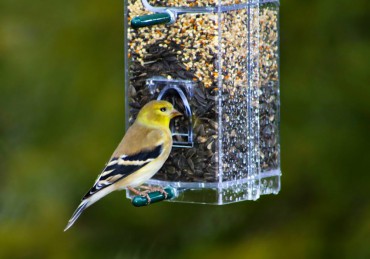 Bird feeding provides many benefits for winter birds in the Puget Sound area yards.
Bird feeding provides many benefits for winter birds in the Puget Sound area yards.
The key to the conservation of bird populations is in providing the habitats needed for their natural reproduction and sustained survival. Interaction and education are the ultimate keys, because we must know something before we can love it — and we protect only what we love.
If we learn about birds through the joy and excitement of attracting them to our yards, then we are sure to grow in our desire to protect them.
Over 100 North American bird species supplement their natural diets with birdseed, suet, fruit and nectar obtained from feeders.
Access to abundant and healthy food supplies is especially important to birds in the winter. Bird feeders provide a portion of these important nutritional needs.
Birds with access to backyard feeders benefit greatly from their ability to spend less time foraging for food and more time engaging in activities that enhance their health and safety. These activities can include:
Late winter nesting: Feeders allow breeding birds to spend less time searching for food and more time selecting better nesting sites and constructing higher quality nests. Adults will also have more time available for protecting their nest, eggs and young from predators.
Research studies have shown that birds with access to bird feeders will often lay their eggs earlier than those without feeders. This is significant because earlier broods typically have better rates of survival and fledging success than later broods.
When abundant food is accessible to parent birds, it means that more food is provided to their chicks. This extra nutrition can increase the nestling’s rate of growth and reduce aggression among nest siblings.
Access to bird feeders allows breeding females to spend less time foraging, which leads to better protection of eggs from predators, earlier fledging of the nestlings and higher survival rates of the brood.
Preening: Less time spent foraging, especially during harsh winter conditions, provides the birds with more time to keep feathers in top flight condition to avoid predators and to insulate themselves from the elements.
Vigilance of predators: Birds are very vulnerable to predators while searching for food; the distraction of foraging results in a reduced ability to focus on dangers and threats from predators. Less time spent foraging means more time spent being vigilant in spotting a predator in time to successfully evade it.
Molting: Molting takes tremendous energy and nutrient resources for birds. The lack of an abundant and healthy food supply may result in the impaired ability to obtain the proper pigmentation for molting feathers and can lead to defects in feather formation such as being weak, frayed or curved.
The food and housing we provide can make a significant difference on how well birds will thrive and survive in our backyards.
Common Misconceptions
Feeding birds throughout the year will neither make them too lazy or too dependent, nor keep them from migrating at the appropriate time. These misconceptions have been dispelled by modern research and observation.
Rodent Issues
Rats are a problem across much of the country, but feeding birds is not the cause of rat infestations. Rats are present whether or not you feed birds.
We know that there are many rats in our neighborhood (we and our neighbors saw many of them for a few months when an undeveloped lot was cleared and had three new homes built on it), but they have never been a problem and we have fed birds continuously for many, many years.
After that incident, monitoring of traps by a pest control company for several years showed no activity except when the rats dispersed from that undeveloped lot. Rats will always be present in urban and suburban areas, but responsible feeding does not cause the problem.
Winter and Urban Survival
When severe weather impacts wild food supplies, some species of birds will turn to bird feeders as a critical food resource. It is during these times that feeders play their most vital role. If a storm is of long duration or extreme impact, a feeding station may mean the difference between life and death for these birds.
Bird feeders can also play an important role in maintaining some populations of birds in urban areas where less natural food is available.
2014/15 Winter Finch Forecast
Each year, many backyard bird feeding hobbyists and birders eagerly await Ron Pittaway’s winter finch forecast. It is a prediction of winter finch irruption (as well as a few irruptive nonfinch passerines) into Southern Canada and the United States.
Will birds irrupt out of the north this year? Will they visit backyard feeders? Check out the full report on the Ontario Field Ornithologists’ website at www.ofo.ca
You can also click the “bird” link at AllAboutBirds.org; follow the “eBird map” link for a current sightings map. Maybe we will see our pine siskins, crossbills and grosbeaks this winter?
Keep your eyes and ears open and find those elusive winter birds in our area shrubs and trees.










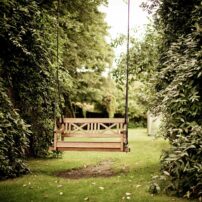
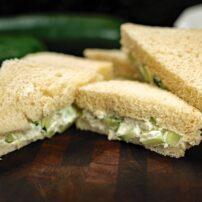




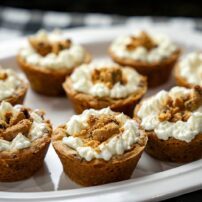
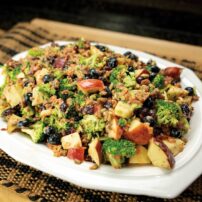
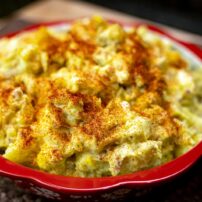
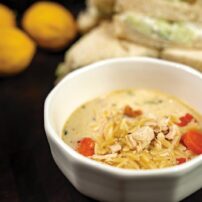




Comments